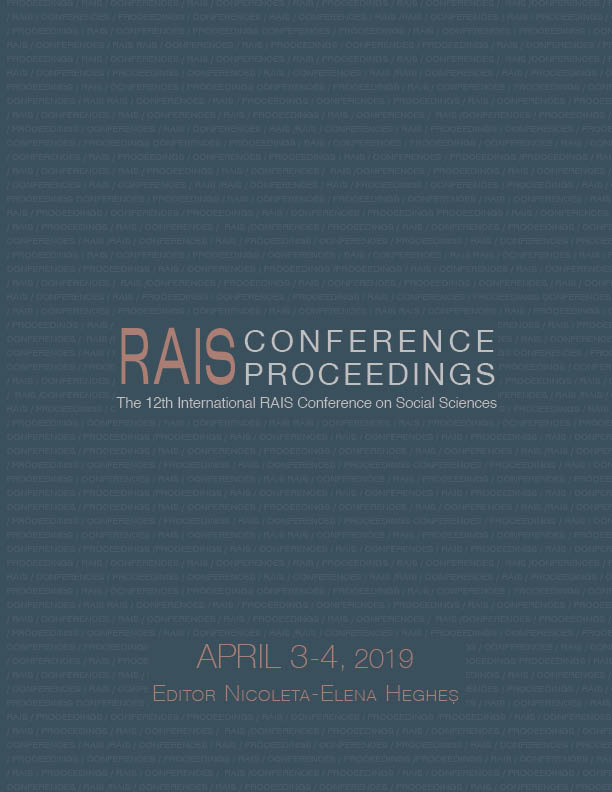The Causal Link between Major Depressive Disorder, Suicidal Behavior and Filicide
The Causal Link between Major Depressive Disorder, Suicidal Behavior and Filicide
Author(s): Gabriel Tănăsescu
Subject(s): Individual Psychology, Clinical psychology
Published by: Scientia Moralitas Research Institute
Keywords: antisocial personality; filicide; major depressive disorder; suicidal behavior;
Summary/Abstract: This article describes the causal link between major depressive disorder, suicidal behavior and filicide. The filicide perpetrator is a person affected by major depressive disorder, the passage to the act does not manifest itself as an ordinary delinquent act, but has a specific etiology that sometimes involves suicidal behavior and conjugal crime. In 2014, Turhan Canli publishes in the Biology of Mood & Anxiety Disorders a study on the re-conceptualization of the major depressive disorder as an infectious disease in which he suggests that major depression may result from a parasitic, bacterial or viral infection. Major depression and antisocial personality disorder can trigger the transformation of the criminal ego by overcoming the barrier of moral and religious inhibitions, emphasizing the transition to the crime. From a psychoanalytic and victimological point of view, the destructive attachment of the victims of marital crime that return to the aggressor after being physically abused is also analyzed.
Book: Proceedings of the 12th International RAIS Conference on Social Sciences and Humanities
- Page Range: 210-216
- Page Count: 7
- Publication Year: 2019
- Language: English
- Content File-PDF

